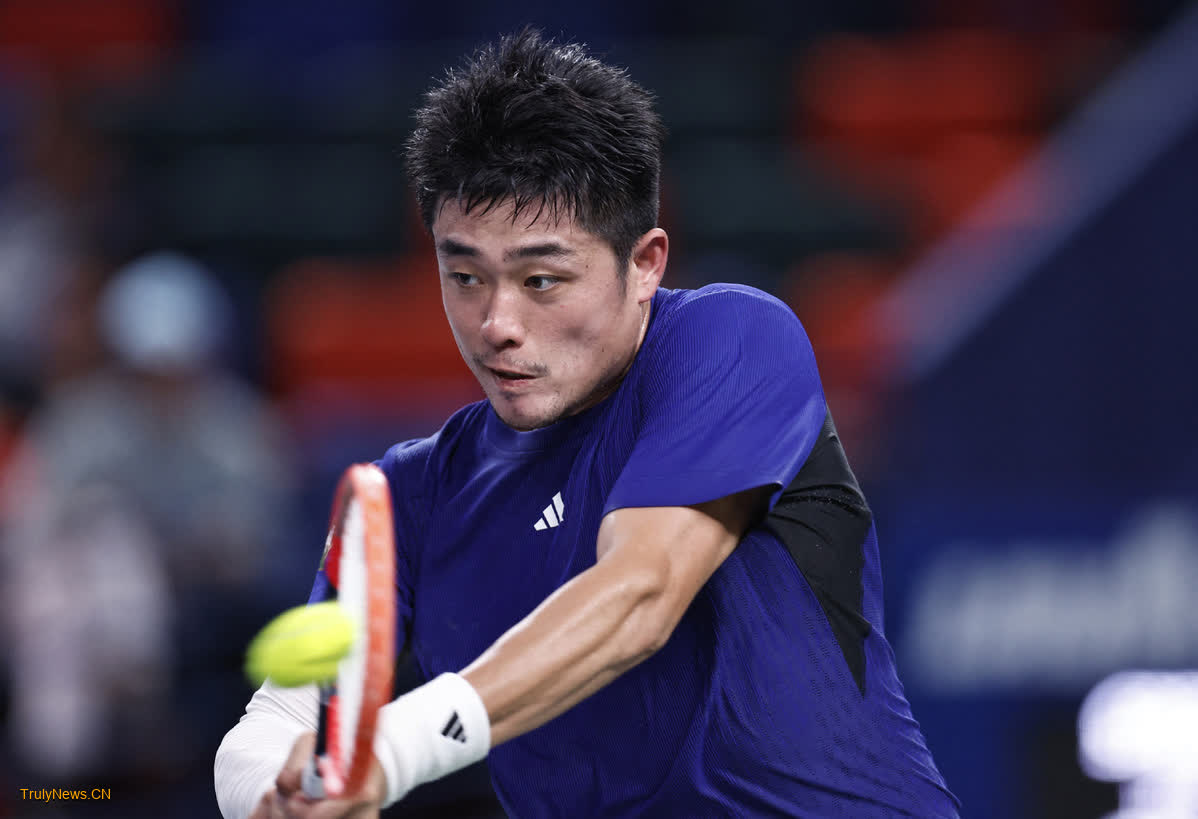
Two major sports events lit up Beijing during the National Day holiday — the China Open, an ATP 500 and WTA 1000 hard court tennis tournament, which began on Sept 23 and ended on Sunday, and the World Table Tennis China Smash, held between Sept 26 and Sunday.
As the second half of the two sports events coincided with China’s National Day holiday, it made for good economics. The China Open attracted around 300,000 spectators, a 50 percent increase over last year, and generated over 80 million yuan ($11.32 million) through ticket sales, up 60 percent year-on-year. The WTT China Smash also raked in nearly 60 million yuan through ticket sales.
The increase in the number of visitors also gave a boost to the catering, traveling, shopping and entertainment sectors at the venues. Statistics show that comprehensive consumption at the China Open exceeded 25 million yuan, an increase of nearly 40 percent over last year. The WTT China Smash raked in more than 25 million yuan in ticket sales at Shougang Park, where the event was held.
The use of sports events to push local development has become a new driving force in some cities.
In fact, in the first half of this year, the General Administration of Sport and other departments jointly issued a document aimed at integrating sports events with business and cultural tourism and tapping consumption potential. In order to boost the economy using sports events and sports consumption, Beijing released a plan in September to host 20 top international events, 30 high commercial value events and 50 local influential events. This is also Beijing’s move to promote the integration of local entertainment industries and fuel the “holiday economy”.
Beijing is no stranger to hosting top-level sports events, having successfully hosted both the Summer and Winter Olympics. In the following months, Beijing will host the 2024 Beijing Marathon, and the FIS Snowboard and Freestyle Ski Big Air World Cup, which will not only attract high-level athletes from around the world, but also add momentum to Beijing’s urban renewal and construction, and boost Beijing’s consumption. The events are expected to have a multiplier effect on the sports economy, become Beijing’s “new carrier” of demand, consumption and growth, and further boost its economic development.